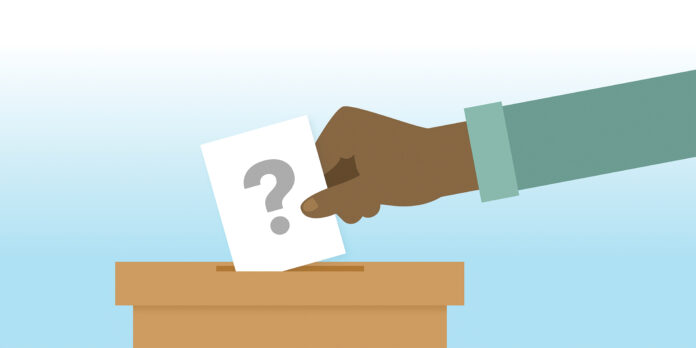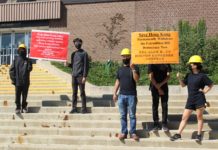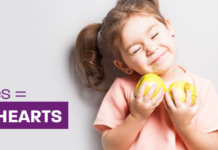On Aug. 15, Canadian Prime Minister Justin Trudeau called a federal election set to take place on Sept. 20, 2021. Here’s how students are responding to the news.
Maahir Sheikh, a third-year ARBUS student, said he was not surprised about the election. “The federal election being called for this September was something I expected,” he said. “Historically, minority governments call for elections after two years. Stephen Harper called for elections in 2008, two years after winning government with a minority in Parliament.”
For Sheikh, the most important issues are climate change and affordable housing policy. “As a young Canadian, I can already see the impacts of a warming climate, such as the wildfires raging in B.C. For my whole life, I will be living with these disasters, so voting for policies that aim to reduce the impacts of climate change is very important to me,” he said.
“Another big issue is housing. Our current housing policy only allows for the construction of single-family homes. This increases urban sprawl and raises property values. In order for Canadians of my generation to achieve the milestone of owning our own home, we need to vote for better housing policies,” Sheikh added.
Youth participation in Canadian politics is historically low — those between the ages of 18 and 24 years old have the lowest voter turnout of any age group according to research commissioned by Elections Canada. There are several factors contributing to this trend, most notably barriers in terms of both motivation and access. A 2015 National Youth Survey also found that compared to older citizens, youth are less interested in Canadian politics, feel less strongly that voting will make a difference and tend to see voting as a choice rather than a duty. Additionally, youth are less aware of the ways to register and vote and less likely to receive a voter information card. Overall, young people tend to perceive the voting process as difficult, even when they’re unaware of exactly what the process entails.
Sheikh, who plans on voting in the coming election, emphasized the importance of participating in electoral politics.
“I will absolutely be voting in the coming election. I have voted consistently since the 2018 Ontario provincial election and have already reviewed the major party platforms to determine which party to vote for. Voting is an important civic duty. Because I am privileged to be born in Canada, I have the right to vote. A right that was denied to my grandparents when they lived in Pakistan. Knowing that so many people cannot partake in representative democracy motivates me to participate and uphold Canada’s democratic tradition,” Sheikh said.
More broadly, Sheikh believes that if more post-secondary students vote, their issues will be more directly addressed by the politicians who represent them. “It is very important to vote. If we don’t vote, the parties will ignore us. Post-secondary students need to vote and vote consistently, to ensure that our issues will be addressed by the politicians that represent us at every level of government.”
Some UW students are aware of the election but are still too young to vote. On social media, they have expressed disappointment toward not being able to participate this year.
Sheikh noted that while the federal election is important, the upcoming provincial election (currently set for June 2022), will have a greater impact on post-secondary students. He added that “putting an end to tuition and making post-secondary education free for all Canadian citizens” is an issue he would like to see addressed in the coming election cycles.































